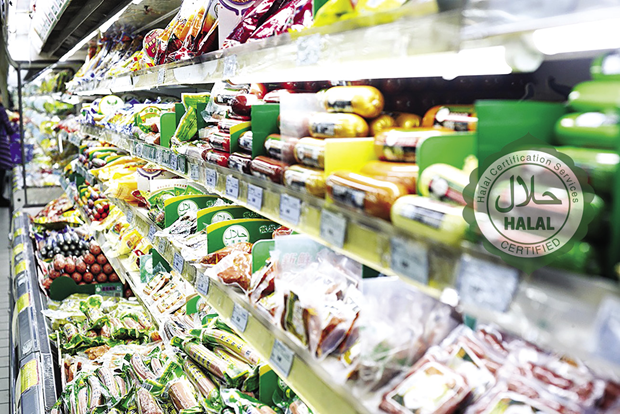Vietnam’s potential for Halal industry untapped
Only a handful of Vietnamese enterprises have taken advantage of expanding the Halal industry in general and increasing demand for Halal food in particular to boost exports, heard at a workshop held on July 13 in Ho Chi Minh City.
Nguyen Tuan, Deputy Director of the Trade and Investment Promotion Centre of Ho Chi Minh City, said that the world’s Halal food market currently serves about 2 billion people. The global Halal economy reached 7 trillion USD in 2022 and is expected to grow to around 10 trillion USD by 2028.
Halal refers to any action or behaviour that is permissible in Islam and includes things like slaughtering animals for meat in a strictly specified manner.
Notably, the Southeast Asia – South Asia – South Pacific region is a potential export market for Halal products, with a Muslim population of about 860 million people. This is the largest Halal food consumption area in the world with about 470 billion USD.
Tuan said that although Vietnam has great strength in exporting agricultural and aquatic products and a geographical advantage as being located near large Halal consuming markets, few Vietnamese enterprises have exported products to the Halal market.
Ly Thi Kim Chi, Chairwoman of the HCM City Food and Foodstuff Association, said that the demand for Halal products has increased sharply because of the rapid growth of the Muslim population, and reflects the increasing trend of many non-Muslims in major economies such as China and Japan, US, and EU as they meeting high standards of food safety and environment.
About 62% of the Muslim population is concentrated in Asia, which brings a good opportunity for Vietnamese enterprises, Chi said.
Malaysian Consul General in Ho Chi Minh City Wong Chia Chiann said that the Halal industry is one of the increasing trends in the world.
Currently, some Vietnamese businesses started to learn about the Halal market.
She added that a limitation of Vietnamese enterprises in entering the Halal market is that the percentage of Muslims in Vietnam is low and few of them underwent training for the Halal certification process. However, that does not mean that Vietnam does not have an opportunity to exploit the Halal market.
To develop a better Halal ecosystem in Vietnam, Vietnamese businesses should employ Muslim personnel/experts who will join develop Halal-relating policies, she said.
In the long term, Malaysia will propose to build domestic personnel and experts on the Halal certification process, especially in the Muslim community. Malaysia is willing to share its experience with Vietnamese businesses, she said./. VNA


 English
English




